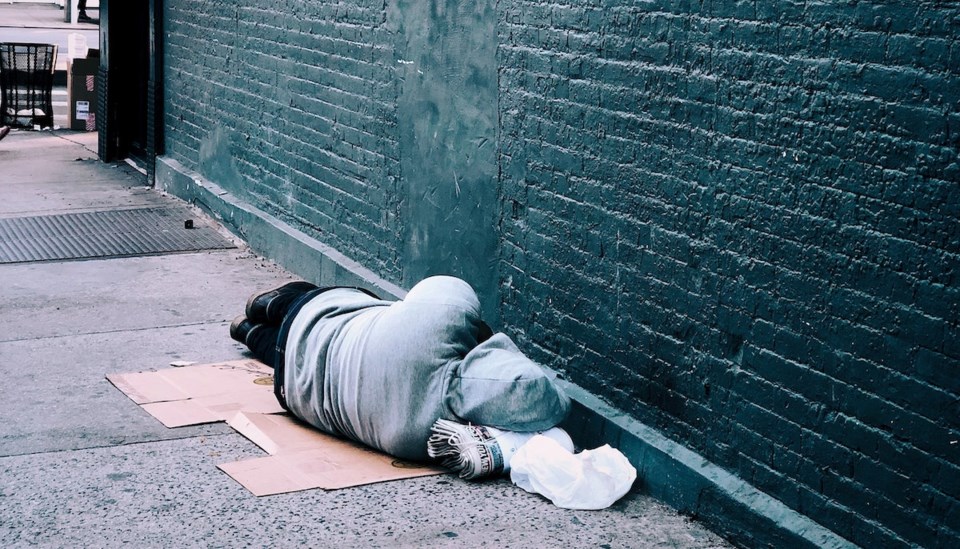Just days after the B.C. Coalition to End Youth Homelessness raised concerns about the fate of kids aging out of care at the end of September, the provincial government announced plans to keep them where they are for the time being.
Many youth currently in foster care were on the verge of aging out of that system and, potentially, ending up on the street if something was not done by Sept. 30. Though emergency measures had been put in place earlier this year following the COVID-19 pandemic, those were lifted and, with an estimated 500 people leaving the foster care system at the end of September, the coalition was concerned it would lead to a so-called “superhighway” to youth homelessness.
But the Ministry of Children and Family Development has answered those concerns, saying youth in government care will be able to stay where they are and those who have recently aged out of care will receive extra support, as pandemic-related emergency measures are extended.
"This pandemic is not over. I want youth in care to be assured that they will be able to continue receiving the supports they count on and won't have the added stress of aging out during these challenging times," Minister of Children and Family Development Katrine Conroy said. “Especially right now, youth in our care need and deserve to feel supported and safe and our government wants to make sure that happens."
To ensure youth who are set to age out of care continue to have a safe place to stay during the pandemic, youth currently living in foster care, contracted residential agencies or with relatives through the extended family program will be able to stay in their placements past their 19th birthday, until March 31, 2021. In addition, youth on independent living agreements and youth agreements will continue to receive financial support past their 19th birthday, also until March 31, 2021.
"I applaud and celebrate this government's leadership in this response, which will give youth the time to effectively transition from care," said Katherine McParland, executive director of A Way Home Kamloops.
"Continued government support will ensure youth have opportunities to achieve critical developmental milestones, such as education and employment, by providing a solid foundation of a home during COVID-19, as well as ensuring youth do not age out into homelessness. This response shows government is listening to the voices of youth and has created a holistic response that will ensure youth find stabilization and wellness in these unprecedented times."
According to the 2018 Report on Homeless Counts in B.C. by the Homelessness Services Association of B.C., a total of 7,655 individuals were identified as experiencing homelessness.
Twenty-nine percent of those reported they had previously been in foster care, a youth group home, or under a youth agreement.
Youth who are about to age out of the foster care system are asked to reach out to BCCEYH either for assistance. They can be reached through their Facebook page @endyouthhomelessnessbc or on their website at https://www.awayhomekamloops.com/youthhousingactionplan.
For the next year, government will also maintain emergency measures that allow easier access to life-skills supports and rehabilitation supports through the Agreements with Young Adults (AYA) program. This includes allowing young adults in the program to take part in a wider range of life-skills programs and cultural learning options, as well as online programming, with fewer required hours of participation per week. As of Oct. 1, more flexibility is being granted for young adults to access mental health and rehabilitative supports while participating in the AYA program, along with a lower hourly requirement for these programs.
Government first announced emergency measures in March with a June 30, 2020, expiry date. In June, government extended the measures until Sept. 30, 2020.
Todd Sullivan is a Local Journalism Initiative reporter with Kamloops This Week.



